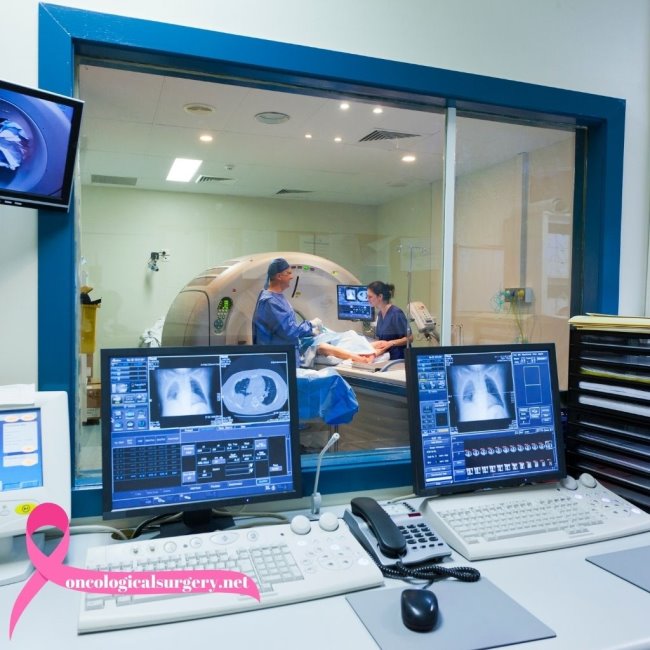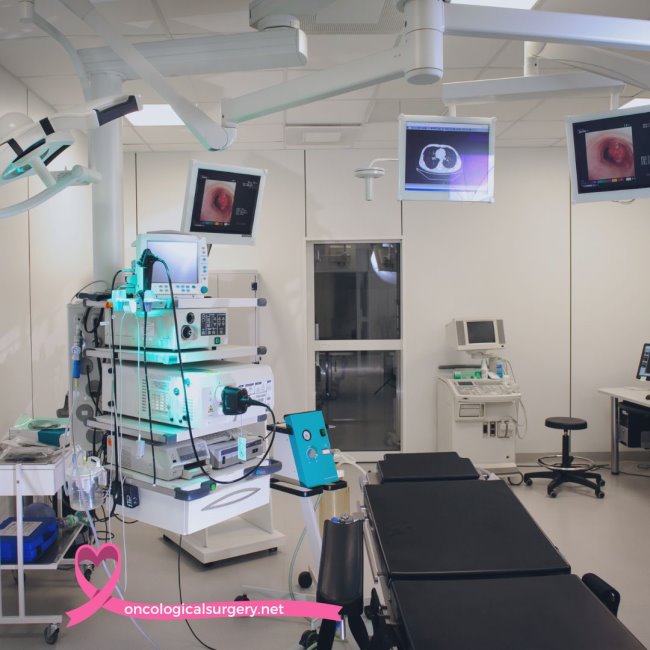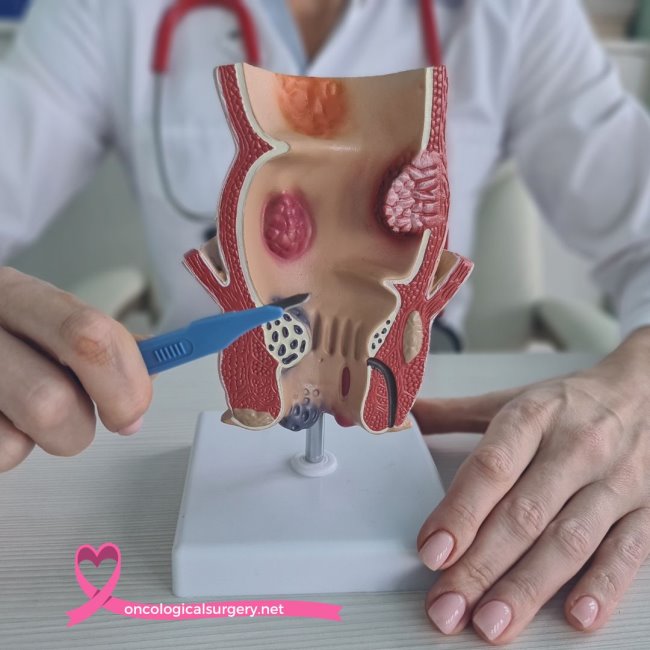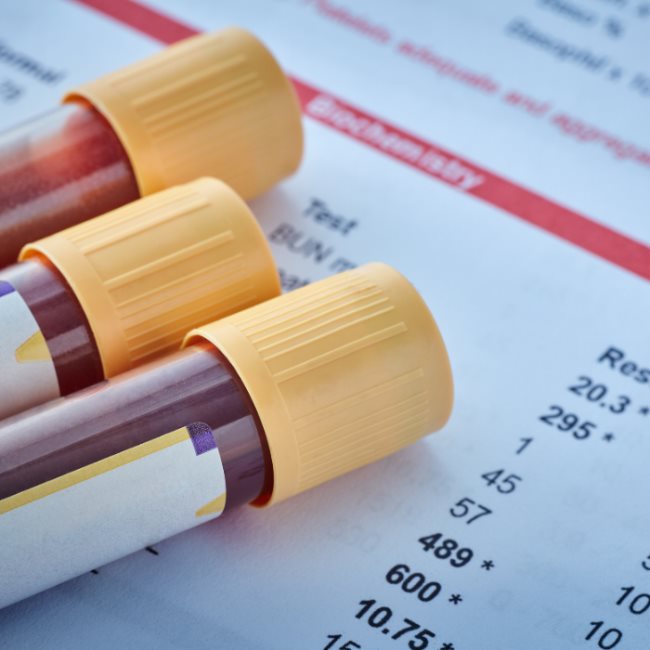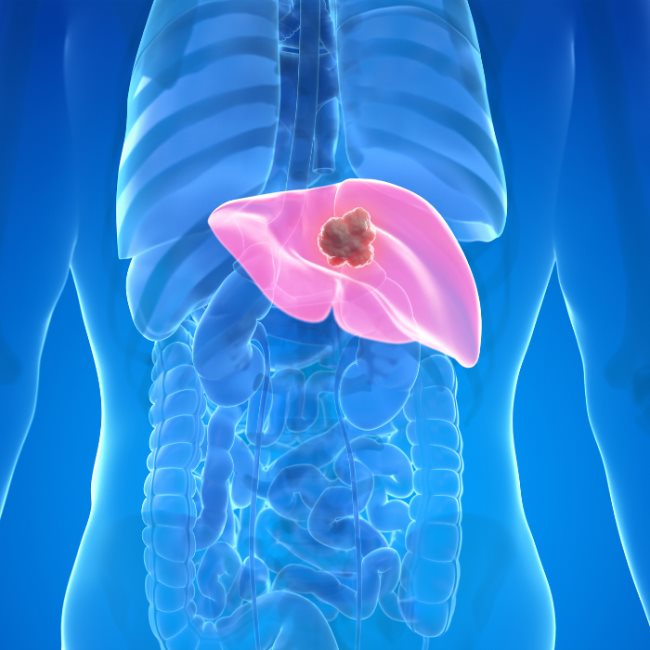
The Importance of Early Detection and Surgery in Cancer Treatment
Why Early Detection Matters
Early detection of cancer is so important in ensuring a good prognosis. Mostly, in malignancies, the early stage diagnosis is localized. This means that the growth has not diffused into other parts of the body. When it is contained like this, it could also mean that there will be more effective surgical removal of the growth; in addition, the other forms of treatment against such malady, such as chemotherapy and radiation therapy, will increase in affectivity. Early targeting of cancer also means that treatments can be less invasive, thus offering fewer potential side effects and a longer life expectancy for the patient
Indeed, often a person's chance for early diagnosis is dependent on regular screening and timely identification of early symptoms that may stop malignancies before they have a chance to progress to stages that are more advanced and harder to treat. Evidently, early detection is key in any form of treatment, as it not only ensures higher success rates for most treatments but also an overall better quality of life for the patients. Because of this fact, when cancer is caught at its early stages, many of the patients are subjected to much less invasive treatments; this, of course, implies shorter healing times and fewer complications.
The Role of Surgery in Cancer Treatment
Surgical intervention still has a significant, though usually curative, role in the management of most cancers. It may be the excision of the tumor and the tissues surrounding it to prevent metastasis from occurring. Surgery, ideally, should address the primary tumor, and intervention, if possible, must be performed before the tumor spreads to other regions. The approach of such treatment is much more appropriate in conditions where the solid tumors are localized and have not spread to other parts of the body. Better surgical techniques, such as minimally invasive and robotic-assisted surgeries, allowed more precision in cancer surgery. Such inventions also enable surgeons to excise tumors more precisely, thus reducing the possibility of tumor recurrence and minimizing post-surgical complications.
The development of surgical methods has increased not only the effectiveness of rates in treating cancers but also shortened the recovery period for patients. Assimilation of minimally invasive techniques enables surgeons to operate much smaller incisions that cause less pain, hastening the healing process of the patient. Robotic-assisted surgeries further provide even finer precision in enabling surgeons to remove the tumor in areas of the body hard to reach and preserve as much healthy tissue as possible. These evolvements do indicate how significantly important surgery can be in a war against cancer, and how day in and day out medical technologies are continuously changing with improved treatment outcomes.
Colon Cancer Treatment
Of cancers, it is also one of the most curable at the early stages of diagnosis. The typical course of treatment is to remove the tumor, usually via surgery, followed by chemotherapy or radiation. In cases where the colon cancer is at an early stage, physicians can employ less intrusive methods, which typically lead to better results and fewer complications. They are very important because, through regular screening involving procedures such as colonoscopies, polyps and tumors can be found before they become malignant.
Needless to say, regular examination forms the very pillar in this case, as far as colon cancer is concerned. All this is due to the concept of early growth detection that may turn cancerous and being removed much earlier, hence reducing chances of progressing into an advanced level of cancer. Less invasive surgical procedures increase the many benefits that come along with early-stage colon cancer, such as shorter recovery times and fewer long-term side effects. Generally, this proactive approach to finding and then treating colorectal cancer shows that routine medical check-ups and screenings play an important role in maintaining health in the colon and rectum of a person.
Treatment for Pancreatic Cancer
Pancreatic cancer is very hard to diagnose in its early stages, thus generally poor prognosis. While this might be bad news, it is far better than a diagnosis at a later stage of the cancer. Early-stage pancreatic cancer, conversely, will commonly involve surgical treatment, and a common treatment involves the Whipple operation. This extensively elaborate surgery encompasses the removal of the head of the pancreas, the part of the small intestine, the gallbladder, and the bile duct. Though highly elaborate, early surgical intervention can improve both the survival rate and quality of life for the patient.
The so aggressive nature of tumor growth requires that pancreatic cancer treatment should be early and effective. Early detection in case of a pancreatic tumor is super important since it has a very high tendency for metastasis. More and more happening research and continuous appraisal of surgical techniques do much to enhance the effectiveness of treatments against pancreatic cancer. Efforts in this particular regard are being propounded, keeping in view the enhancement of survival rates and the betterment in the quality of life of the sufferers. Accompanied by sophisticated surgical techniques, early diagnosis has given a ray of hope to the victims of this deadly disease.
Treatment of Stomach Cancer
Surgery happens to be one of the best treatment options when it comes to stomach cancer and is most effective if the disease is diagnosed at an early stage. The most common surgical operation in case of stomach cancer is removal of all or part of the stomach depending on the size and location of the tumor. Less-invasive surgery is frequently conducted on patients at a very early stage of stomach cancer and is usually supplemented by chemotherapy and radiation in the effort to eliminate remaining elements of the cancer. In fact, early detection— through endoscopic screenings and symptom awareness— can heavily influence patient outcomes, therefore making treatments less aggressive and promising a better prognosis.
Early stomach cancer detection enables less-invasive and higher-focused treatment. It is evident that one of the most important reasons for endoscopic screening to be performed in the first place is to facilitate early surgical intervention for stomach cancer diagnosed at an early stage. Most of the patients diagnosed early can avoid aggressive treatments; however, better outcomes for recovery are possible as well. Being detected and treated in the early stages, along with the improved surgical techniques, assures the patients of stomach cancer a higher chance of successful treatment with long-term survival.
Thyroid Cancer Treatment
Thyroid cancer, though relatively rare, usually carries an extremely good prognosis and is usually found at its early stage. The classic management of malignancy of the thyroid is with surgical excision of either part of the or the whole thyroid gland. After surgery, most patients will return to normal, healthy lifestyles, once appropriate hormone replacement is given. With regular check-ups and diagnosis imaging, the thyroid pathologies can be exposed long before serious complications emerge; hence, early surgical treatment can be performed with the purpose of avoiding metastasis and further decreasing the mortality rates.
Because the thyroid cancer can be detected early by routine examination and imaging, the treatment is very effective. In this sense, early diagnosis of the disease allows surgical treatment before the dissemination of malignant cells has taken place and hence provides a high possibility of complete recuperation. In this respect, hormone replacement therapy after surgery supports the body functions allowing them to live healthily for the rest of their lives. Success in this regard demands early detection and hence successful surgical intervention, periodic medical follow-ups and monitoring of thyroid health.
Challenges and Future Directions
Despite obvious benefits accruing from early detection and surgery, there are still numerous challenges. Not all cancers have an effective screening program in place, and some cancers are inherently more difficult to detect at an early stage. In addition, access to quality health care and an effective program for screening malignancies are lacking in much of the world, which hampers any effort for early diagnosis and treatment. Advances in medical technology have stimulated ongoing research on early detection and improved treatment paradigms of various types of cancer through better screening tools, minimally invasive techniques, and targeted therapies. From greater research and innovation lies the hope for improving treatment in the future. Efforts toward the improvement of early detection methods and the development of new surgical techniques would, therefore, be very important in the effort toward improving the outcomes of the patients. Quality healthcare together with screening programs should be made available all over the world so that everybody gets a chance for early-stage diagnosis and effective management of the disease. On the basis of all these, the global medical fraternity is advancing closer to reducing the burden of cancer in the past few years and enhancing the survival rate of patients across the world.
The backbone of the treatment of cancer is based on early diagnosis and proper management of the case with appropriate timing of surgery. This significantly improves the outcome of the treatment and increases the quality of life of such patients. It is very important to emphasize regular screening, awareness of symptoms, and the advancement of surgical techniques in view of early diagnosis and thereby effective management. While many challenges do persist, continuous research and medical advancements go hand-in-hand in the realization of better cancer care. Early detection and surgical intervention can much improve the survival rates and give a ray of hope to those suffering from this horrific disease. Learn more about these specialty services on our oncology surgery, colon cancer treatment, pancreatic cancer treatment, stomach cancer treatment, and thyroid cancer treatment pages.

